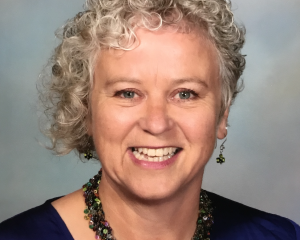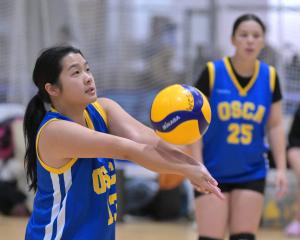The colours, tastes and sounds of the Pacific Islands were brought alive in Dunedin for a single day as proud communities shared their culture at the Moana Nui Festival.
The festival, based at Forsyth Barr Stadium, saw Pacific Island communities given their own individual "village" space to share their culture with the public on Saturday.
It also featured a large stage for performers.
The event, run by Pacific Trust Otago, was held for the first time last year.
Each village showcased what the individual community was proud of and provided unique food and products to buy.
Dunedin Tongan Community president Palanite Taungapeau said he wanted people who approached their village to feel like they were in a pure Tongan space.
Tonga is known as The Friendly Islands and he hoped people felt that when they came to the stalls.
He was proud to be wearing red and donning his ta’ovala, a woven mat, around his waist.
Although there were a range of traditional dishes available, they also had to cater to the people’s needs with the more popular island foods, such as Tongan donuts and chop suey.
Litea Ikahihifo, of the Tokelau village, said food was an instrumental part of their culture and they rarely got the opportunity to share it.
Poke and meakai were some of the dishes available at their stalls.
A range of headpieces, called foufou, were available at the Niue village.
One of people working the village stalls, Zac Manukuo, said there was not a huge island community in Dunedin and it felt awesome to be given a space to share with the city.
Malcolm Breward, of the Wantok village, said it was a really cool format for a festival, as it gave smaller communities like his a way to showcase their culture.
They had a range of shell necklaces and island artefacts on display, all of which were made using "old school" methods.
People were able to come and ask about the handmade items and the Wantok culture.
They also brought some canned fish from the island which were available to buy.
Sandra Mata’afa, of the Samoan village, said having each group proudly showcasing their culture and food felt like being back in the islands.
This year saw the addition of the Te Hokohoko village, which was for tangata whenua and all Maori peoples.
Village representative Amie Curtis said because their village represented a wide variety of indigenous Maori people, their stall followed a different naming convention.
Te Hokohoko meant literally "to buy and sell".
It was a great and colourful event and it was wonderful to be acknowledged as part of the festival, she said.
At the eastern end of the stadium was the stage, where groups performed throughout the day.
Josery Rereiti, one of the Kiribati performers, said it was great to be able to show off their individual cultures on the stage.
He was proud to perform in front of everyone, even if it was a little nerve-racking.
Event manager Stacey Kokaua said she was really proud of how everything came together.
Last year was the first time the festival had been run and while the first had gone well, there were some concerns it had been a fluke.
Not only had her fears been proven wrong, but each of the communities had raised their game and provided a full day of entertainment and food.
It was not only a showcase for the public, but a way for Pasifika people to learn about each other’s culture as well, she said.
"I really think we recreated a Pacific space for a day."


















